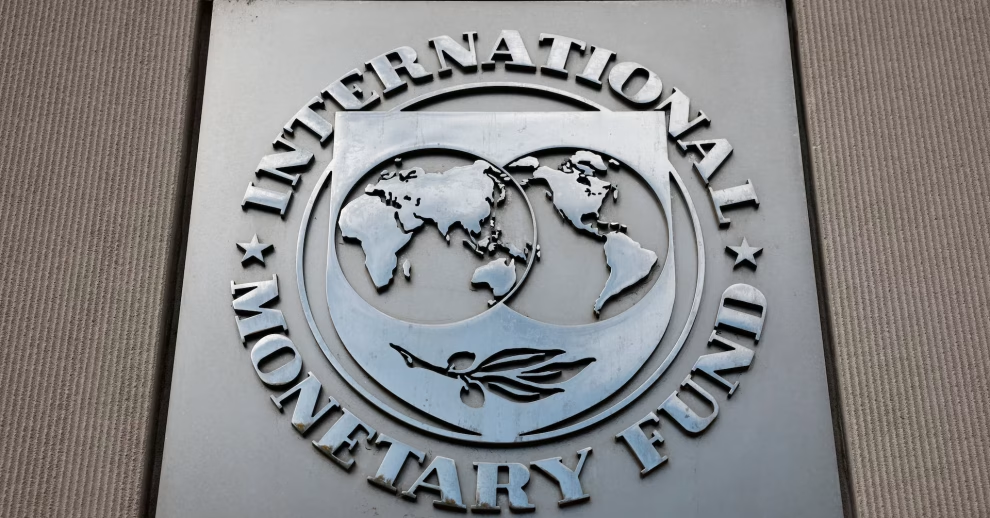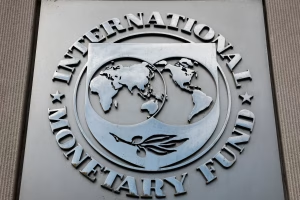Abuja, Nigeria – Nigeria’s fiscal outlook for 2025 is under “serious threat,” according to the International Monetary Fund (IMF), which has issued a stark warning that the country must urgently revise its budget targets to avert a deepening financial crisis.
In its latest Article IV consultation report, released on Wednesday, the IMF highlighted a significant risk of Nigeria exceeding its fiscal deficit projections for the year. This risk is attributed to a combination of declining global oil prices, lower domestic oil production levels, and persistent challenges in executing capital expenditure projects.
The IMF has urged Nigerian authorities to take immediate steps to recalibrate the nation’s fiscal policies and budget expectations to align with current economic realities.
Key Concerns and Recommendations
The report projects that, without corrective policy actions, Nigeria’s fiscal deficit could reach 4.7% of its Gross Domestic Product (GDP) in 2025, substantially higher than the government’s budgeted target.
“Absent policy actions, the fiscal deficit in 2025 would exceed budget expectations,” the report stated, underscoring the urgency of a revised fiscal plan. The IMF noted that the 2025 budget was initially based on “optimistic hydrocarbon revenue projections,” even before the decline in oil prices observed since April.
Beyond revenue shortfalls, the IMF expressed concern over the implementation of capital expenditure. Despite ambitious spending plans for infrastructure, the report cautioned that Nigeria’s historical difficulties in executing large-scale projects suggest that “budgeted capital expenditure is likely to exceed implementation capacity, given execution in previous years.” This could further delay crucial infrastructure development.
To mitigate these risks, the IMF strongly recommended that Nigeria adopt a neutral fiscal stance in 2025. This policy aims to safeguard macroeconomic stability while protecting investments in growth-enhancing sectors. The fund also stressed the importance of enhancing social support for vulnerable households through scaled-up safety nets, especially given rising poverty levels and food insecurity.
Furthermore, the IMF emphasised the critical need for Nigeria to diversify its revenue base away from oil dependency. It called for broadened tax collection and strengthened revenue mobilisation efforts, while acknowledging that ongoing tax reforms, such as modernising VAT and corporate income tax systems, will take time to yield significant results.
Debt Burden and Government Response
The report also highlighted Nigeria’s growing sovereign debt, which increased to 53% of GDP in 2024 from 49% in 2023, largely due to the fiscal deficit and exchange rate depreciation. The IMF warned that without fiscal reforms, the debt burden would continue to rise, urging Nigeria to explore alternative financing options like public-private partnerships, managed carefully to avoid exacerbating debt vulnerabilities.
Despite the IMF’s concerns, Nigerian authorities have reiterated their commitment to addressing the fiscal challenges. The Minister of Finance and Coordinating Minister of the Economy, Wale Edun, acknowledged the IMF’s recognition of Nigeria’s reform efforts and emphasised the government’s proactive approach.
“The implementation of the 2025 Budget is being carried out with a focus on safeguarding reform gains and ensuring economic stability,” Mr. Edun stated through his Director of Information, Mohammed Manga. He expressed confidence that increased oil production and in-year adjustments would compensate for lower oil prices, alongside continued efforts in domestic revenue mobilisation and diversified financing.
World Bank’s Perspective
The IMF’s warning follows a similar caution from the World Bank, which earlier described Nigeria’s N54.99tn 2025 federal budget as “overly ambitious.” The World Bank’s Lead Economist for Nigeria, Alex Sienaert, suggested that the government might be forced to rely on the Central Bank of Nigeria’s “Ways and Means” facility to cover potential revenue shortfalls.
However, Nigeria’s Minister of Budget and Economic Planning, Senator Abubakar Bagudu, has countered these claims, insisting that the budget projections are “modest” and aligned with the country’s growth capacity. He argued that budgets should be aspirational rather than constrained by immediate challenges.
The IMF report concluded by praising Nigeria’s broader economic reforms over the past two years, citing improvements in macroeconomic stability and resilience. It commended the Central Bank of Nigeria’s tight monetary policy to combat inflation and noted progress in the foreign exchange market, with the naira stabilising and inflation easing to 23.7% in April 2025 from 31% in 2024. Despite these positive strides, the IMF stressed that continuous reforms are essential for long-term growth and poverty reduction.





Add Comment